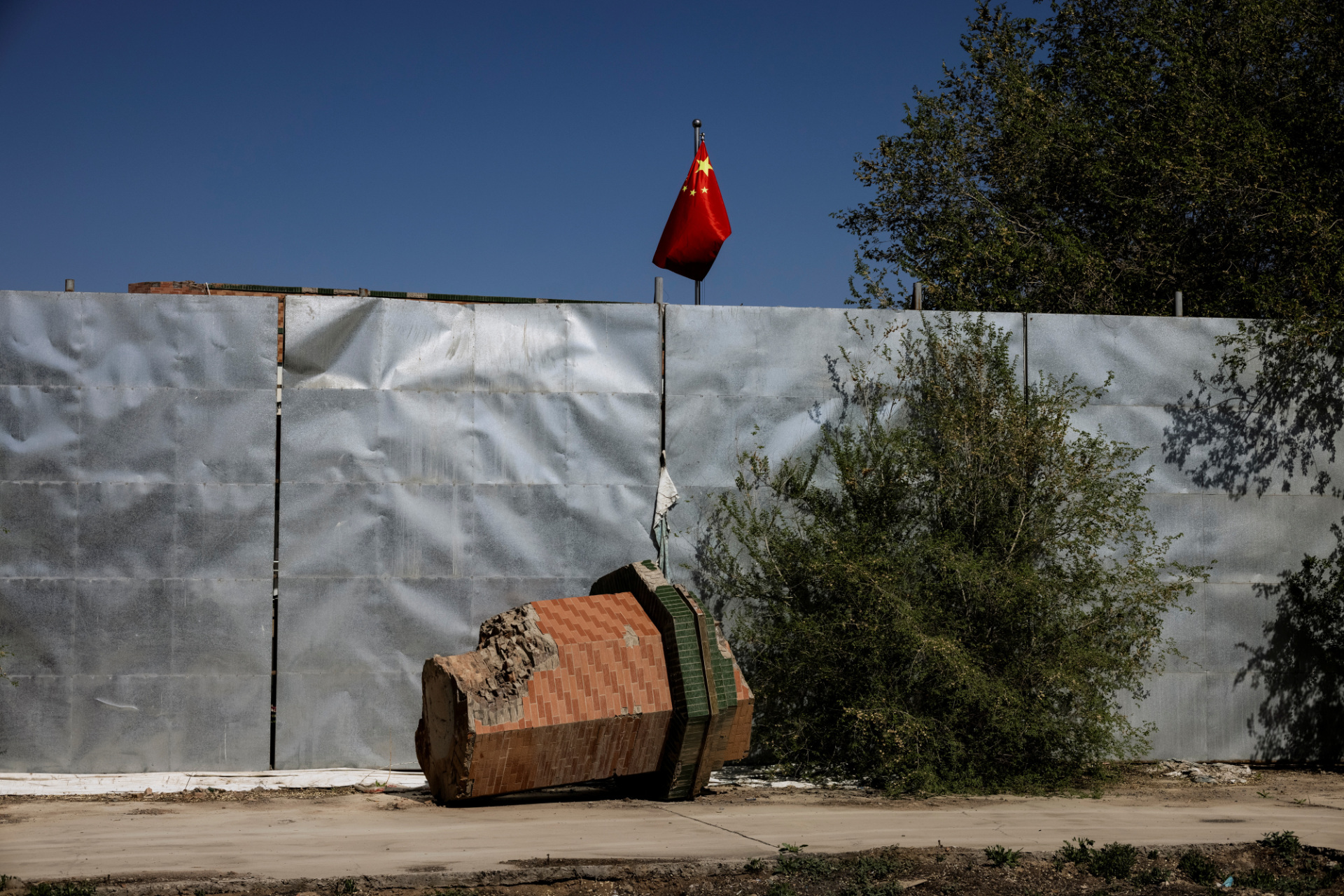U.S. dials up criticism of China over Xinjiang amid more evidence of cultural and reproductive repression
A U.S. State Department official described China’s Xinjiang region as “an open-air prison” and reiterated the Department’s view that Beijing is committing genocide against Uyghurs. Meanwhile, several more reports have detailed how the Chinese government is chipping away at Muslim culture and life in Xinjiang.

Yesterday, the U.S. State Department released its annual report on international religious freedom, this time covering the year 2020. Senior Official Daniel Nadel gave a press briefing on the report in which he:
- Reiterated the Department’s view, unchanged since a last-minute declaration by the Trump administration, that China is committing “ongoing crimes against humanity and genocide” against Uyghurs and other ethnic minorities in the Xinjiang region.
- Said that China is engaged in “an attempt to erase a people, a history, a culture from the Earth, and that’s unacceptable.”
- Characterized Xinjiang as “an open-air prison” where movements are closely tracked and Uyghurs have “minders who have been assigned to live” with them.
More evidence of cultural and reproductive repression in Xinjiang
In recent days, several more reports have detailed how the Chinese government is chipping away at Muslim culture and life in Xinjiang:
- “China has imprisoned or detained at least 630 imams and other Muslim religious figures since 2014,” according to research compiled by the Uyghur Human Rights Project and reported by the BBC. The report also “found evidence that 18 clerics had died in detention or shortly after.”
- Mosque demolition and declining attendance: Reuters “visited more than two dozen mosques across seven counties in southwest and central Xinjiang,” and found that “most” had been “partially or completely demolished.” Last week, the Associated Press documented a sharp decline in attendance at some mosques in Xinjiang amid strict government regulations on religious practice.
- An extraordinarily steep decline in birth rates between 2017 and 2019 — nearly half (48.74%) for all of Xinjiang, and more than half (56.5%) in counties with 90% or greater indigenous population — was documented by the Australian Strategic Policy Institute in a new report yesterday. Read more on The China Project: Another report of reproductive oppression in Xinjiang.
Increased pressure from U.S. and other countries
Nadel, the State Department official, said that in advance of the Beijing 2022 Olympics, the U.S. was working with allies and “reviewing options on policy and messaging,” including “countering Beijing’s intent to use the games as a platform to somehow validate their governing model and paper over their gross human rights violations.”
- 152 participants from 51 countries attended a UN event on Xinjiang co-sponsored yesterday by 15 Western countries. One notable country in attendance was Turkey, home to the largest Uyghur refugee population, which gave a statement expressing concern over “extreme human rights violations.” Context on The China Project last year: Criticism of China’s Xinjiang policies grows at UN.
- A trade blacklist for Xinjiang solar panels? Climate envoy John Kerry said that due to concerns over forced labor, the Biden administration “was assessing whether to add [solar panels and some of their components, including rare earth minerals,] to the list of products from Xinjiang Province that the United States is already penalizing,” per AP.
- Pressure on G7 to act on forced labor: President Biden is expected to tell allies that “values need to be infused in our trading relationships,” an advisor told Reuters, when he travels to Britain in June.
China’s response
In today’s Foreign Ministry press briefing, spokesperson Huà Chūnyíng 华春莹 deplored (in English, Chinese) the UN event as “awash with outrageous lies and disinformation” and a “despicable shoddy show and sheer political farces.” She then stated, “I must point out that these countries that are always trying to lecture others on human rights issues actually have a deplorable record on human rights and have committed piles of crimes,” and continued with whataboutery for several minutes. Context on The China Project: China and Russia condemn sanctions, accuse West of ‘politicizing human rights issues.’
Separately, religious leaders from five mosques in Xinjiang “spoke at the 90-minute presentation, three in person and two by video. They all described prayers and feasting for Eid al-Fitr and rejected criticism of China’s religious policies,” per AP.






